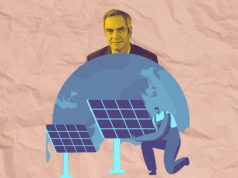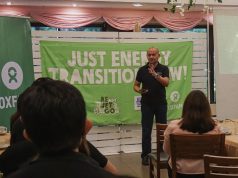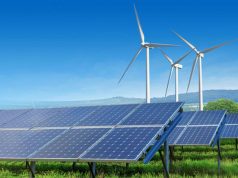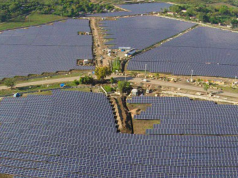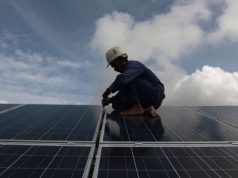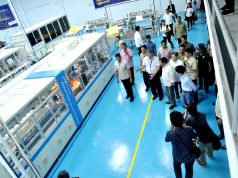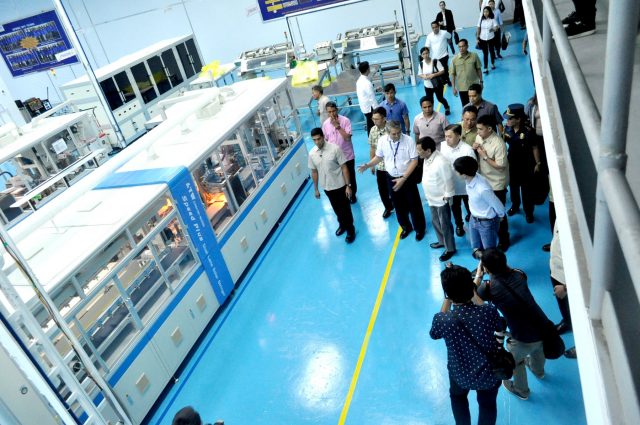
MANILA – Solar Philippines Power Project Holdings, Inc. remains confident about its business prospects despite Washington’s decision last month to impose a tariff on imported solar panels.
US President Donald Trump on Jan. 22 imposed a tariff of up to 30% on imported solar cells and panels for the next four years, lower than the US International Trade Commission’s recommended 35% duty after finding out that these items were harming American manufacturers.
Solar Philippines Leandro L. Leviste said in a recent interview that the company has “a very diversified mix of customers in the US, Europe and now increasingly India where the policy is to encourage importations of Southeast Asian solar panels.”
“So the market is very dynamic and we still think that there’s a shortage of supply and great demand for Southeast Asian solar panels, which are very well-positioned to compete against the Chinese,” Mr. Leviste said, noting that other foreign markets have preferential import policies for Southeast Asian solar panels.
“Very specifically, the global market for OEM (original equipment manufacturer) right now is around 30,000 megawatts (MW)… and maybe 20,000 of that is in Southeast Asia,” he added.
“So out of the 20,000 MW of Southeast Asia OEM capacity, the Philippines represented by us is less than five percent. So we think there’s a lot of room to grow for us to increase our share in the OEM market because, with the labor cost — labor productivity in the Philippines — we are actually more competitive than Vietnam, Malaysia and Thailand.”
In August 2017, Mr. Leviste had said the company’s solar panel manufacturing plant in Sto. Tomas, Batangas — which it began operating in March that year — had been able to produce capacity for 800 MW, prompting the company to move to 2018 the date for reaching 2,000 MW or a year earlier than target.
He added that the company aims to build its second factory by the end of this year in order to expand the Philippines’ OEM reach. — VVS




